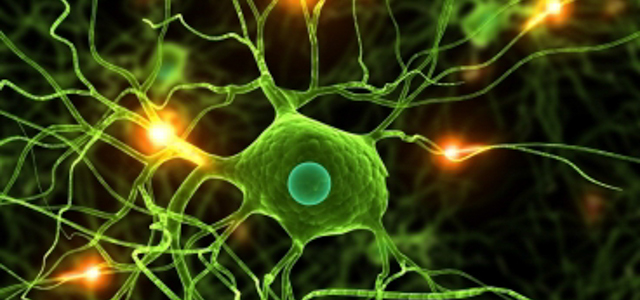MIT neuroscientists show that a gene linked with schizophrenia and bipolar disorder impairs early brain development.
In recent years, scientists have discovered several genetic mutations associated with greater risk of psychiatric diseases such as schizophrenia and bipolar disorder. One such mutation, known as DISC1 — an abbreviation for “Disrupted in Schizophrenia-1” — was first identified in a large Scottish family with high rates of schizophrenia, bipolar disorder and depression.
Studies have since shown that DISC1 mutations can lead to altered brain structure and impaired cognition, but it was unknown exactly how this occurs. A new study from Li-Huei Tsai, director of MIT’s Picower Institute for Learning and Memory, shows that DISC1 mutations impair a specific signaling pathway in neurons that is critical for normal brain development.
In a genetic screen of 750 people — some of whom were healthy and some of whom had psychiatric diseases — the researchers found several common variants of the DISC1 gene. However, even though these mutations disrupted normal brain development, they were not necessarily enough to cause disease on their own.
